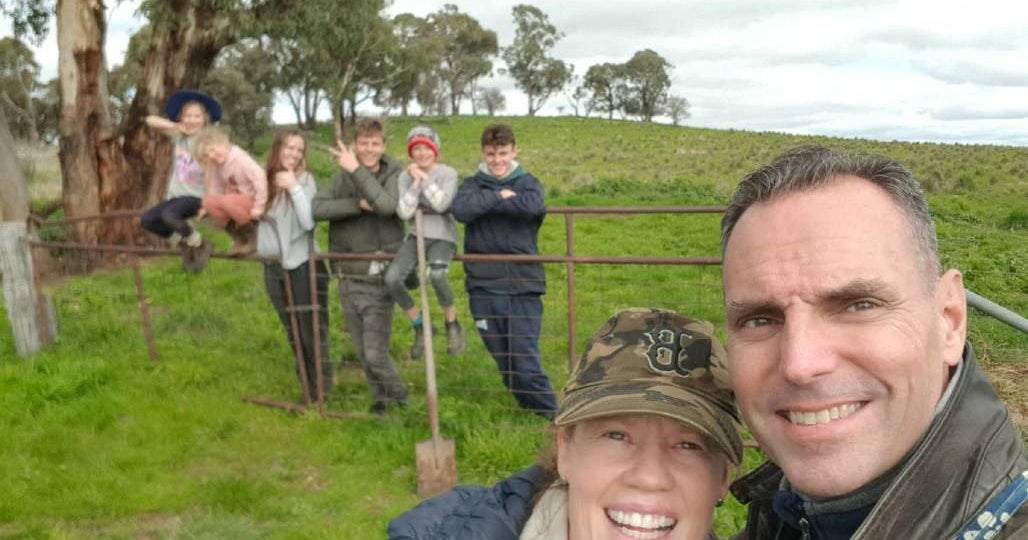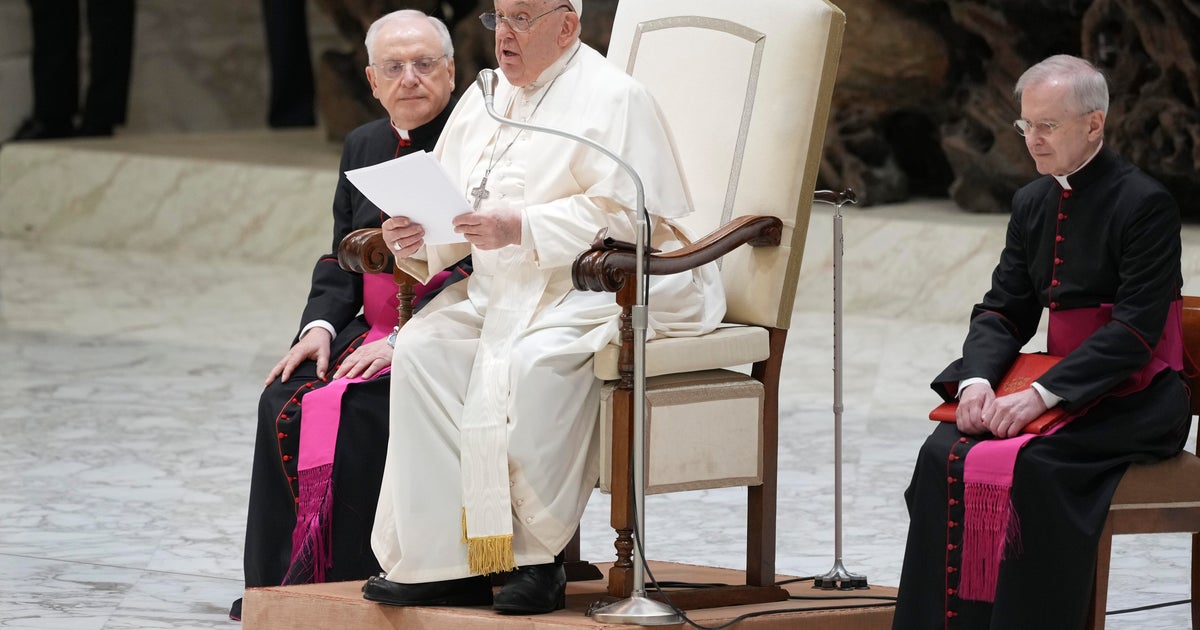Taoist priest's memorial tablets honor China's COVID "heroes' spirits"
Beijing — In a Taoist monastery on the side of a mountain in eastern China there's a room with 558 carefully displayed memorial tablets, each one inscribed with the name of someone who died with the coronavirus. Priest Liang Xingyang told CBS News he started the collection on January 29, shortly after China's central government confirmed that the virus that causes COVID-19 was spreading "human to human," and shut down Wuhan, the city at the center of the outbreak.
Taoism is a religious philosophy with about 1,800 years of history in China, and a massive global following, that advocates humility, harmony and balance. The most recognizable symbols of the Taoist philosophy are the interlocking teardrop shapes of the Yin and Yang.
One of China's five officially-sanctioned religions, Taoism uses memorial tablets to give souls a place to rest after death, explained Liang.
Coronavirus whistleblower Dr. Li Wenliang is one of the names on a tablet at the Jiuyang Palace, spread across a rocky hillside in Laiwu, in China's Shandong province. Other names are less well-known.
"Faced with the pandemic, respect for life is the greatest universal value, and the value we should pass on," Liang told CBS News in a phone interview. "These heroes' spirits are beyond countries, ethnicities, and religions."
The Jiuyang monastery is home to a small community of priests who live, eat and worship at the complex. Others priests help Liang with collecting the names of coronavirus victims, garnered from state media, and maintaining the tablets every day.
Liang posted the full list of the 558 "heroes" on his Weibo account, a platform similar to Twitter, where he has 3 million followers. He gives each victim's name, age, profession, official cause and date of death, and whether they were Communist Party members.
The priest said that, given criticism of government officials for their handling of the pandemic, he wanted to show there were victims from among the ruling party's ranks, "to show the sacrifice they've made."
Even this act, honoring late Communist Party members among many others, drew government scrutiny.
"A religious believer doing anything related to the Communist Party can be sensitive in China," said Liang. There was initially some resistance from the authorities to his idea, but he said the issues were resolved through discussion.
"The central government awarding the pandemic-fighting heroes shows that we are on the same page," said the priest.
There were questions about Liang's motives from the beginning. Some on China's social media platforms accused him of trying to profit through donations, or trying to spread his religion. He even received death threats online.
"I don't care what others say about me," said Liang. "I just want to focus on doing the right thing."
To address the concerns, Liang refused donations for the tablets and funded the project himself, using income from his jewelry store to keep producing the tablets. He said he's already spent more than 200,000 yuan, or about $29,250.
Liang said the memorial tablets brought great comfort to the relatives of the deceased, as well as to himself. Some relatives have visited the monastery to pay their respects. Most of them didn't get to see their loved ones in the last days, because of coronavirus precautions at hospitals.
"Here is where they can say a proper goodbye," Liang told CBS News.
The priest and his project are now getting significantly more support online.
"The hardest thing is to keep going," he worried to CBS News. "Once this disaster is over, will people still remember them?"






